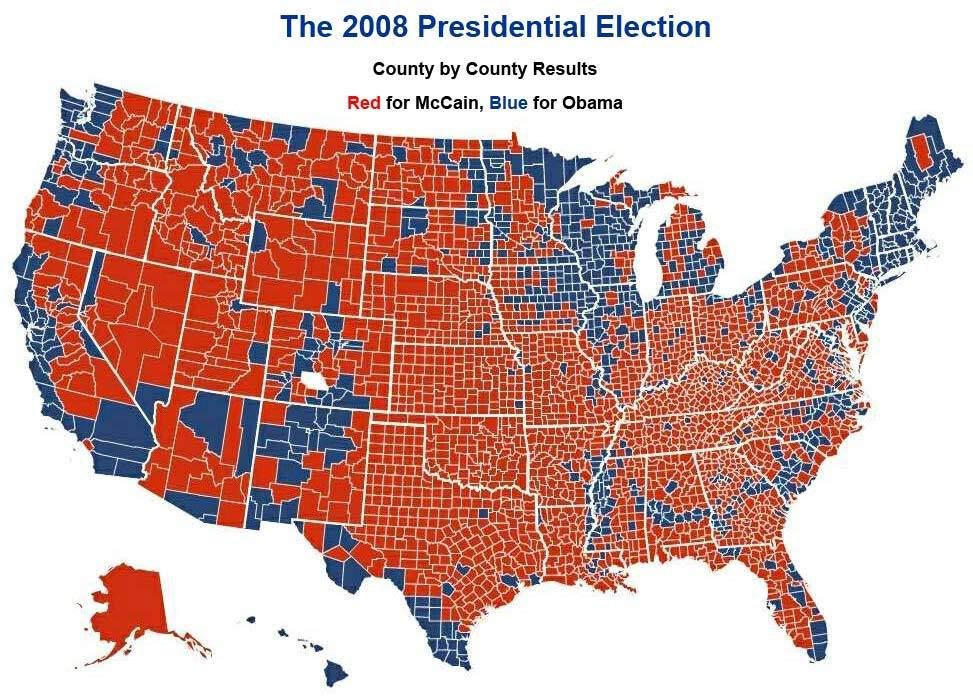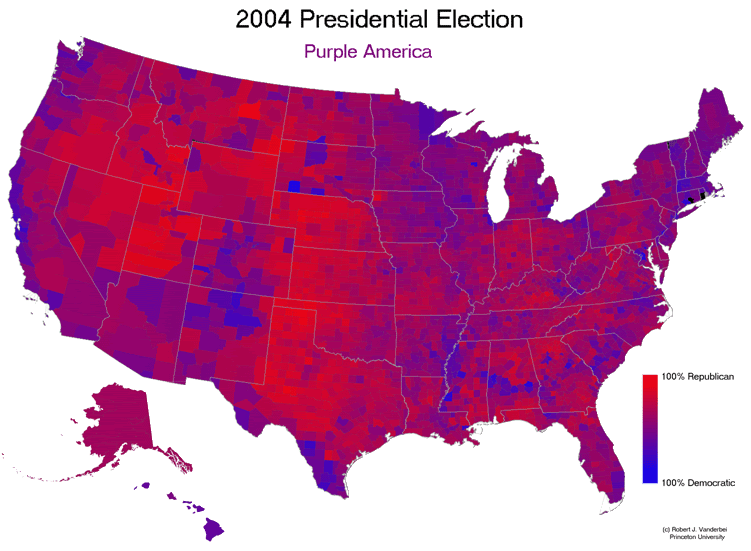David Seaton's News Links
I agree with Jimmy Carter that George Mitchell is the best man America has to send as an envoy to the Middle East. To send him at least shows serious intent to revive the "peace process".
The problem is with the quotation marks around "peace process".
Mitchell was able to achieve peace in the Northern Ireland conflict which is hundreds of years old. It in no way diminishes his achievement to note that for the first time in history the context, with both Belfast and Dublin in the European Union, had created a workable and prosperous horizon in view for all the parties. The context in the Middle East has no such horizon.
Whatever chance there was for some sort of settlement has probably been cremated in the white phosphorus that fell on Gaza. Americans, with their famously short attention span, have probably forgotten about the Gaza horrors already, but rest assured, the people of the region haven't. The probable election of Benyamin Netanyahu as Israel's new prime minister closes any doors that might have been open, if any really were, which I doubt.
In normal times, Obama's best bet would be send Mitchell, send Hillary, stay our of trouble, and kill time like his last two predecessors and focus, laser-like on the economy.
However, the problem in the Middle East, that now faces President Obama, is the most dangerous for America's well being since 1973.
Here are how the pieces are set on the board:
- Obama will stand or fall on his ability to reinvigorate the economy.
- To do this he will need the broadest possible domestic support.
- If he puts serious pressure on Israel, the Israel lobby will try to destabilize him. The last president to put serious pressure on Israel, George H.W. Bush, is said to believe that doing so cost him his reelection. Dubya, whom many in the Middle East thought would follow in his father's footsteps, decided to avoid his father's fate and simply give the Israelis anything they wanted and thus have his hands free to cut taxes for the super rich, which to use the Maoist term was his "primary contradiction".
- However tempted Obama might be to concentrate on his primary contradiction which is America's self-destructing economy and have his envoys shuttle around having their pictures taken, this would be very dangerous in today's context.
- The rich Arabs of the Middle East are afraid for their very lives and have in their hands enough American dollars and American debt to destabilize the American economy if they began to sell them. Or if, as a variant of their 1973 oil embargo, they simply insisted on taking payment for oil in Euros instead of dollars, as Saddam Hussein did, they would send the US economy, in its present condition, careening off into the abyss.




















